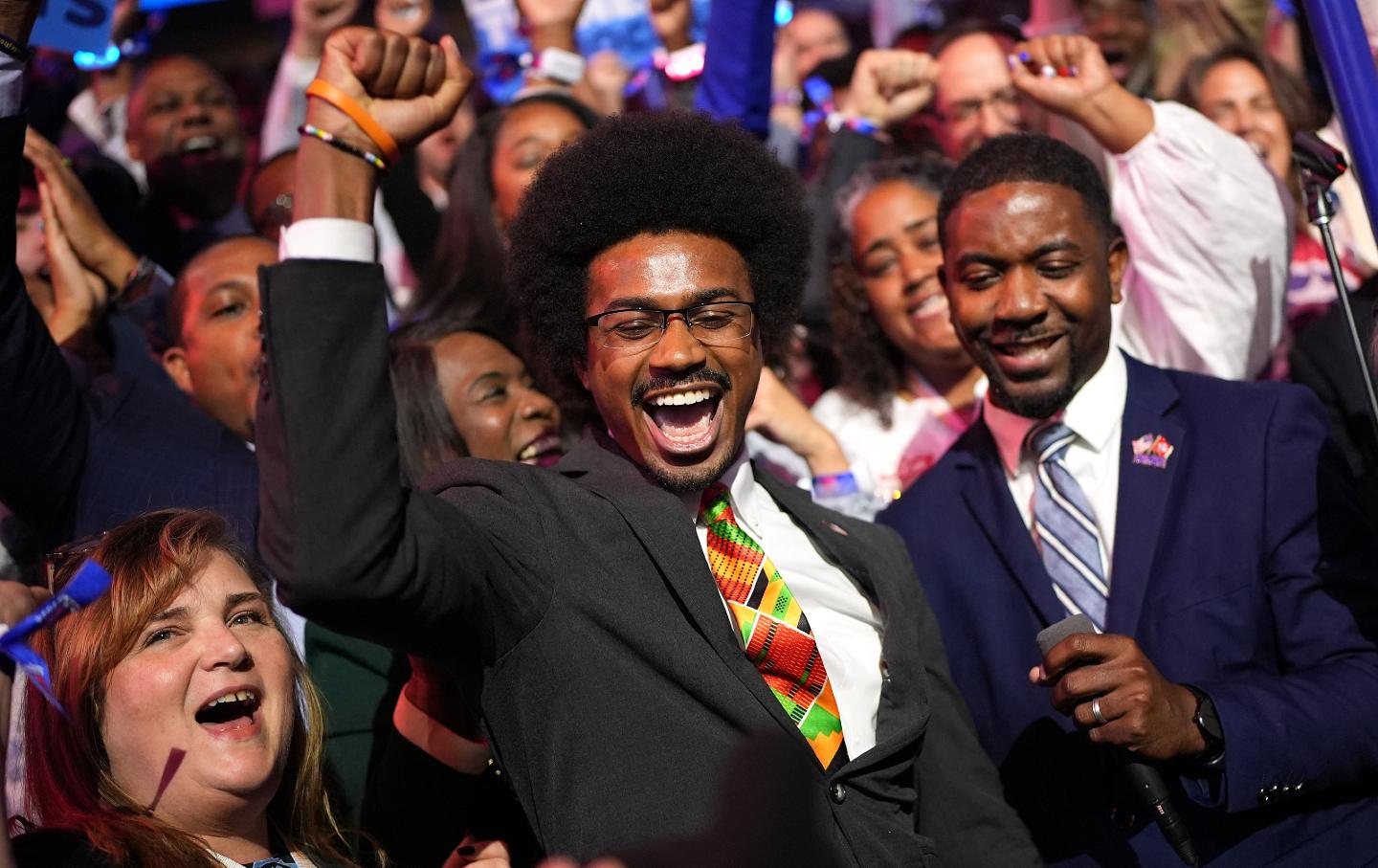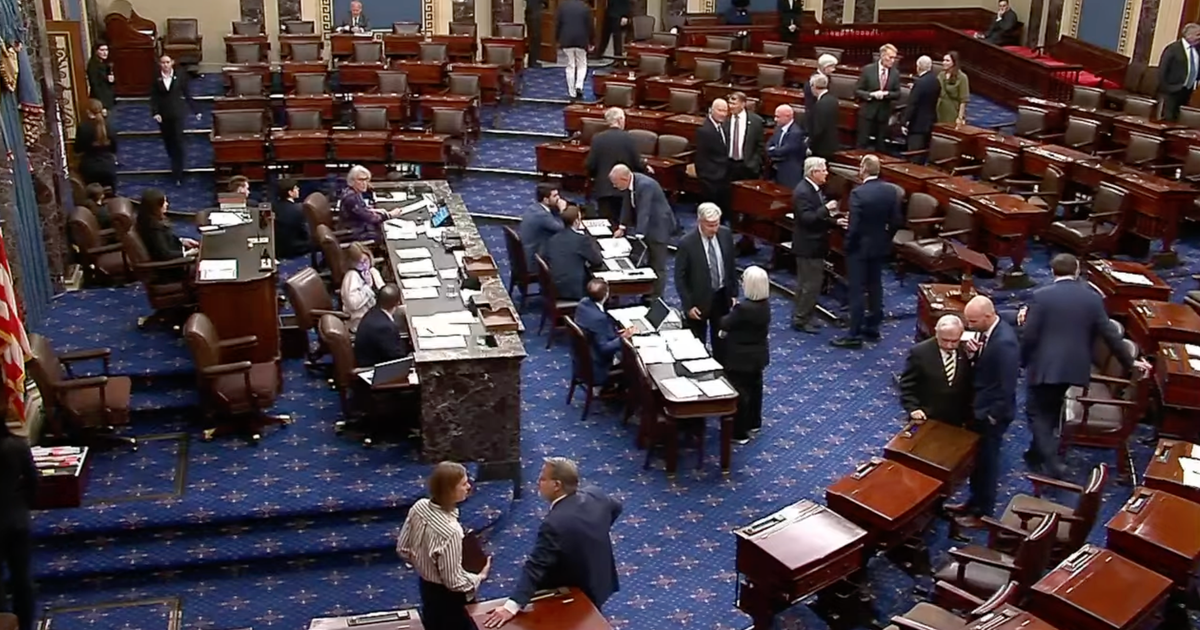
With the political landscape increasingly polarized, the candidacy of Justin Pearson in Tennessee’s Ninth Congressional District is not only a fight for a seat in Congress but a clarion call for a more equitable and accountable Democratic Party. As a state representative and a member of the “Tennessee Three,” Pearson embodies the grassroots yearning for transformation in a party that has, for too long, embraced the status quo.
Pearson’s campaign against long-time incumbent Steve Cohen is emblematic of broader systemic issues within the Democratic establishment. He recognizes the advantages of incumbency, particularly Cohen’s impressive war chest and two-decade tenure, which can often lead to complacency among representatives. Cohen, who reportedly enjoys substantial corporate donations, stands as a symbol of a political class that has drifted away from the concerns of ordinary citizens. In stark contrast, Pearson vows to run a people-powered campaign, emphasizing his refusal to accept corporate money. “I believe in the power of people,” he asserts, challenging the entrenched power structures that have historically marginalized the voices of working-class citizens.
Central to Pearson’s platform is the urgent need for social justice, particularly in the wake of growing economic disparities. The plight of the Memphis community—a city where one in three children lives in poverty—highlights the failure of elected officials to address the needs of their constituents. Pearson’s background as a working-class advocate positions him as a candidate who genuinely understands the struggles of everyday people. “I’m a person who knows about that struggle because I’ve lived it,” he stated, emphasizing the importance of affordable housing, healthcare access, and environmental justice.
Moreover, Pearson’s commitment to human rights extends beyond domestic issues. His outspoken stance on the humanitarian crisis in Gaza reveals a candidate willing to confront uncomfortable truths. Unlike Cohen, who has maintained a steadfast support for Israel without addressing the suffering of Palestinians, Pearson advocates for a more balanced approach that recognizes the value of all human life. “What’s happening in Gaza is heartbreaking,” he said, highlighting the moral imperative for Congress to prioritize humanitarian aid over military funding. This perspective resonates with a growing number of voters who are disillusioned with a foreign policy that often prioritizes military might over human dignity.
Cohen’s defense of his record relies on the comfort of incumbency and the familiar refrain of “Keep Goin’ with Cohen,” a slogan that Pearson aptly critiques. In a district where many residents feel abandoned by their representatives, such a message falls flat. Pearson’s response to this complacency is both incisive and necessary: “For too long, voters have been told to ‘keep going’ with the same leadership and the same outcomes.” The status quo is no longer acceptable in a time when democracy itself is under siege.
Pearson’s candidacy is not an isolated phenomenon; it reflects a national trend of progressive challengers aiming to reclaim the Democratic Party from the clutches of corporate interests and complacency. The rise of candidates like Pearson and Maine’s Matt Dunlop, who is also challenging a centrist incumbent, signifies a growing demand for representatives who will fight for their constituents’ rights rather than cater to corporate donors. This movement is essential for revitalizing a party that has been perceived as disconnected from the realities faced by working families.
However, Pearson’s path is fraught with challenges. His ability to engage rural voters, many of whom have been swept up in culture wars that obscure economic issues, will be crucial for his campaign’s success. He articulates a message that transcends urban-rural divides, focusing on shared concerns such as healthcare access and the affordability crisis. “These tariffs aren’t designed to help you,” he tells farmers, addressing the economic realities that have been overlooked in favor of partisan bickering.
The urgency of Pearson’s campaign cannot be understated. He is not just fighting for a seat in Congress; he is advocating for a transformation of the Democratic Party, calling for accountability, justice, and a renewed commitment to the principles of equality and human rights. His challenge to Cohen is a microcosm of the larger struggle within the party—a struggle that demands a return to the roots of activism and community engagement.
In a political climate where cynicism often prevails, Pearson’s campaign offers a refreshing perspective grounded in hope and the belief that change is possible. As he rallies support from the community, his message is clear: it’s time to hold our leaders accountable and demand a government that works for all, not just the privileged few. The outcome of this primary will not only determine the future of Pearson’s political career but may well serve as a litmus test for the Democratic Party’s commitment to its own progressive values. The time for change is now, and Pearson is poised to lead the charge.
This article highlights the importance of Challenges Democratic Establishment.


